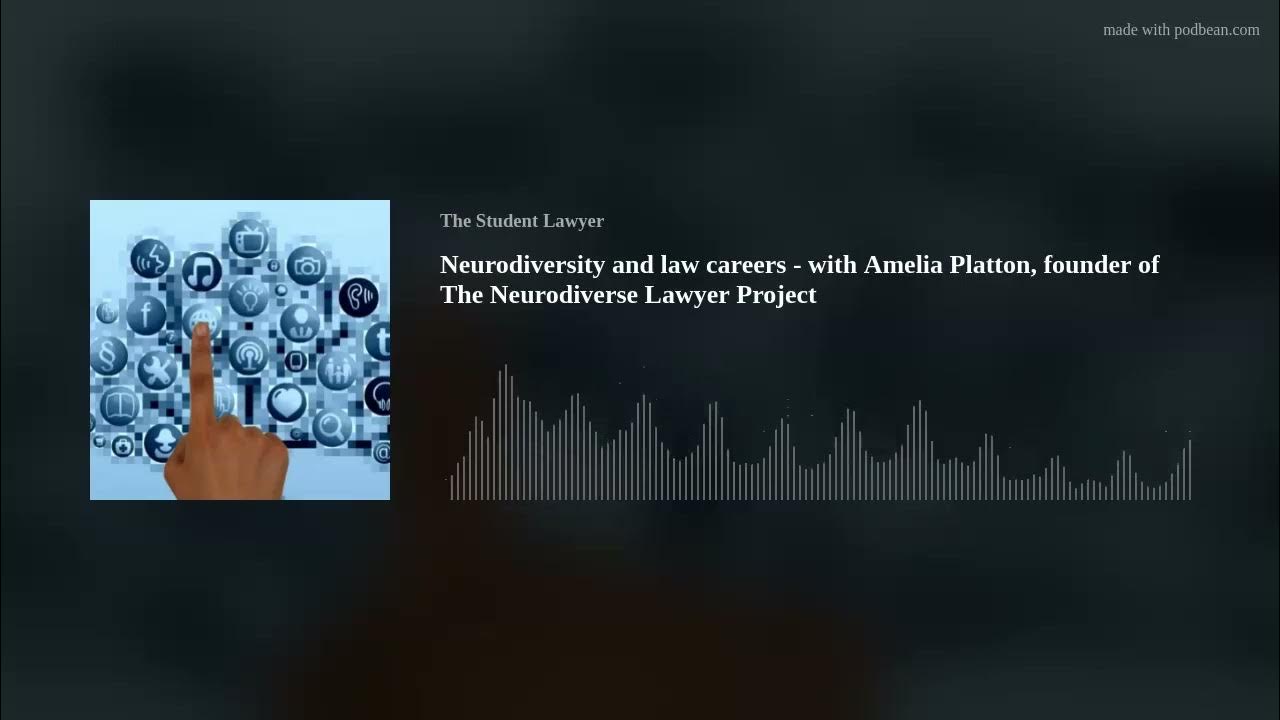Is Being a Lawyer Haram

No, being a lawyer is not haram. Islamic law allows individuals to pursue careers in legal professions as long as they adhere to certain moral and ethical standards. In order for a lawyer or any other professional in the field of justice to be considered halal (permissible), he must strive to uphold truth and justice without prejudice or bias towards anyone involved in the case.
This means that lawyers should always act honestly and ethically, seeking their clients’ best interests while respecting all parties involved in the matter at hand. Lawyers also have an obligation under Islamic law to protect vulnerable members of society from exploitation by those with more power or influence than them. Additionally, it is important for lawyers practicing Islamically not to take part in activities that are considered unlawful according to Sharia Law such as bribery, dishonest gain through litigation, or aiding criminals who commit heinous crimes against innocent people.
The question of whether or not being a lawyer is considered haram, forbidden under Islamic law, has been debated for many years. In the majority opinion, most religious scholars agree that providing legal services is permissible as long as it does not involve activities that are prohibited by Islam such as bribery and dishonesty. However, some individuals may consider taking on cases which conflict with their personal beliefs to be immoral and thus choose to avoid this profession altogether.
Ultimately, it is up to each individual’s conscience and interpretation of Islamic law in deciding if becoming a lawyer is halal (permissible) or haram (forbidden).
How Many Muslims are Lawyers?
Approximately 2.9% of lawyers in the United States identify as Muslim, according to a survey by the American Bar Association. The following points provide more information about this statistic: • The ABA surveyed over 48,000 attorneys from 2016-2017
• The survey included questions regarding religious affiliation and gender identity • Over 1,400 lawyers identified as Muslim • This accounts for approximately 2.9%, or one out of every 35 attorneys in the US
Overall, there are relatively few Muslims practicing law in America today compared with other religious affiliations. However, it is likely that the number will continue to increase over time as diversity in legal professions continues to grow.
What is Something Forbidden in Islamic Law?
Islamic law, or Shariah, forbids many things. These include: * Eating pork products;
* Drinking alcohol; * Gambling; * Engaging in any kind of premarital sexual activity.
Additionally, Islamic law commands Muslims to abstain from all forms of fraud and dishonesty. Furthermore, the use of drugs is strictly prohibited by Islamic teachings.
Is It Haram to Listen to Music in Islam?
Islam has very strict views on music and its consumption. It is considered haram, or forbidden, for Muslims to listen to music because of the following reasons: • Music encourages immoral behavior – some types of music can lead people away from their faith and encourage behaviors that are not accepted in Islam.
• Music distracts people from prayer and worship – it takes away time that should be spent worshipping God and instead uses it for entertainment. • Music can cause confusion – certain types of music may contain messages that contradict Islamic teachings. In conclusion, while there are exceptions such as religious chants or folk songs, generally listening to music is discouraged by most Muslim scholars and deemed haram in Islam.
Is It Stressful Being a Lawyer?
Yes, being a lawyer can be very stressful. Lawyers must manage an overwhelming amount of paperwork and research while under tight deadlines; they are also often required to work long hours. Here are some common stressors lawyers face:
* Heavy workloads: As mentioned above, lawyers have to juggle a lot of responsibilities in a short timeframe. * High stakes decisions: Lawsuits can involve large amounts of money or even the freedom of individuals; making sure that justice is served is quite stressful for many lawyers. * Client demands: Clients may expect quick responses from their attorneys and have unrealistic expectations about their cases which can lead to frustration on both sides.
In conclusion, law is an incredibly demanding profession that requires hard work and dedication but it also comes with its fair share of stressors.
List of Haram Jobs in Islam
Islam has clear guidelines on which types of jobs are haram, or forbidden. These include working in any form of gambling, the production and sale of alcohol, pork products, and all forms of interest-based banking. Other jobs that are considered haram include those involving pornography and prostitution as well as other immoral activities such as human trafficking.
Additionally, any job that involves participating in idol worship is also strictly prohibited according to Islamic law.
Is It Haram for a Woman to Be a Lawyer
Yes, it is permissible for a woman to be a lawyer. The profession of law does not conflict with Islamic principles and the Quran specifically mentions that believers should seek knowledge in all areas, including legal matters. Therefore, Muslim women are encouraged to pursue an education in this field if they so choose and can find support from their families and communities as they work towards becoming lawyers.
Can a Muslim Become a Lawyer
Yes, it is possible for a Muslim to become a lawyer. Lawyers must uphold the law and be bound by an ethical code of conduct; this does not conflict with Islamic beliefs in any way. In fact, many Muslims go on to become successful lawyers and use their knowledge of the legal system to help others in need.
There are even organizations such as the American-Arab Anti Discrimination Committee that provide resources specifically geared towards helping Arab Americans pursue careers related to law.
Lawyer is Halal Or Haram
Lawyers play an important role in the legal system, but whether or not they are halal (permitted) or haram (forbidden) is a subject of debate among Islamic scholars. Generally speaking, many Muslim jurists consider it permissible to use lawyers and other legal professionals as long as their services do not involve any unethical activities such as lying, bribery, or fraud. Ultimately though, each individual must decide for themselves what course of action is best for them given their own religious beliefs.
Conclusion
Overall, this blog post has shed light on the complexities surrounding becoming a lawyer in Islam. It is clear that there are various opinions and interpretations of Islamic law when it comes to being a lawyer. Ultimately, Muslims must use their own discretion to evaluate if taking on such an occupation is permissible for them or not.
No matter what conclusion one reaches, it is important to remember that any profession can be noble as long as it does not contradict religious principles and values.



